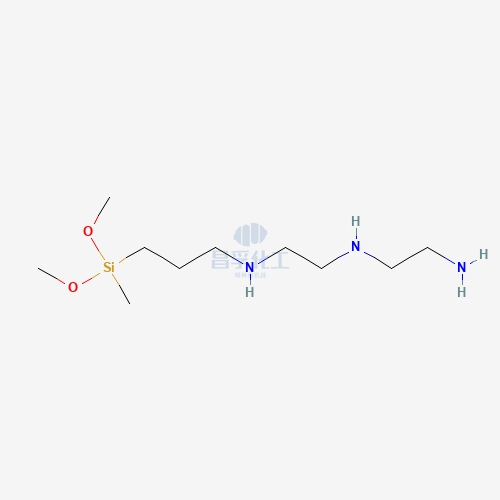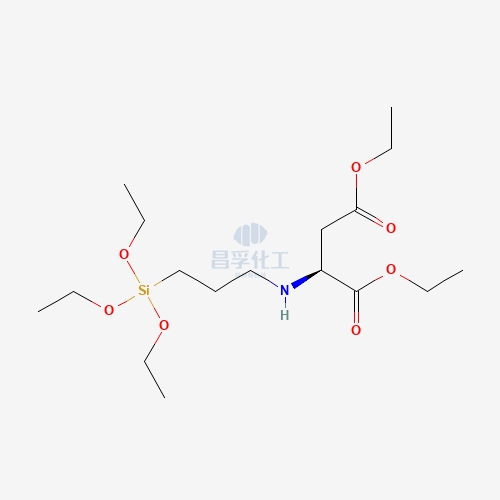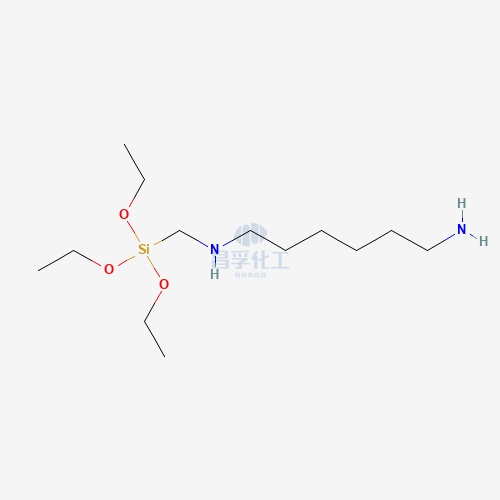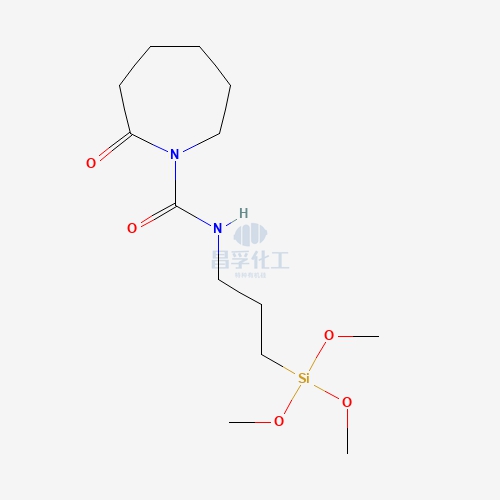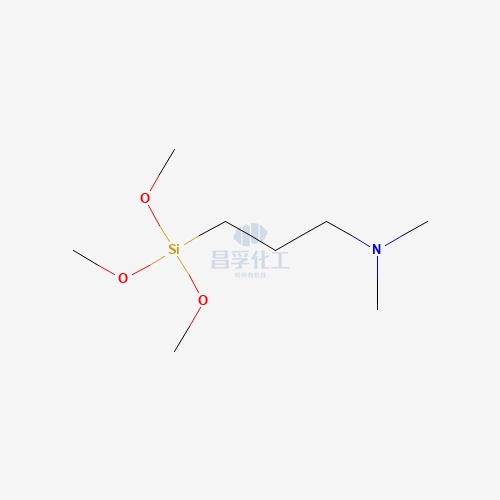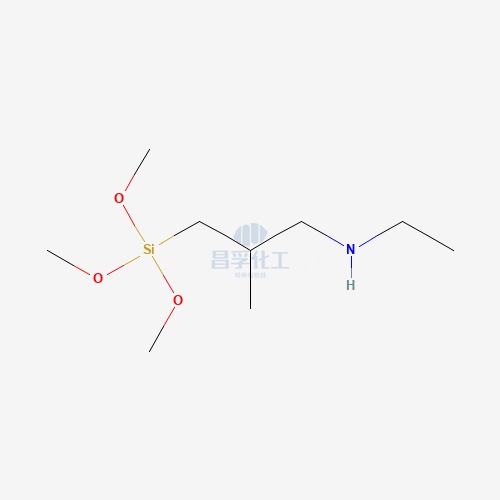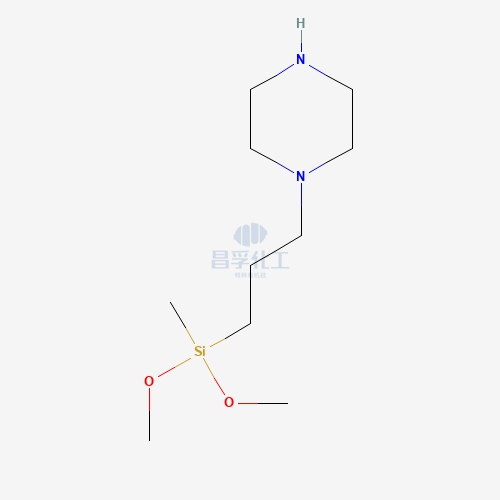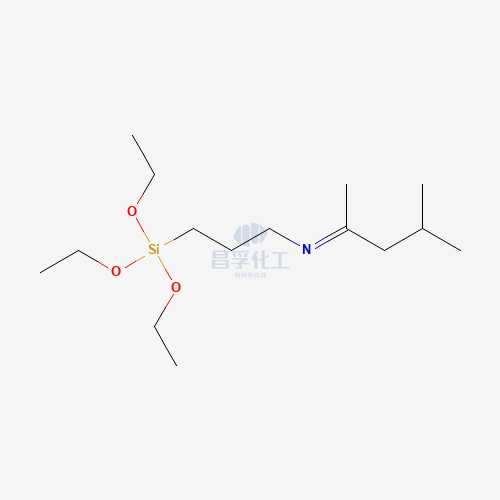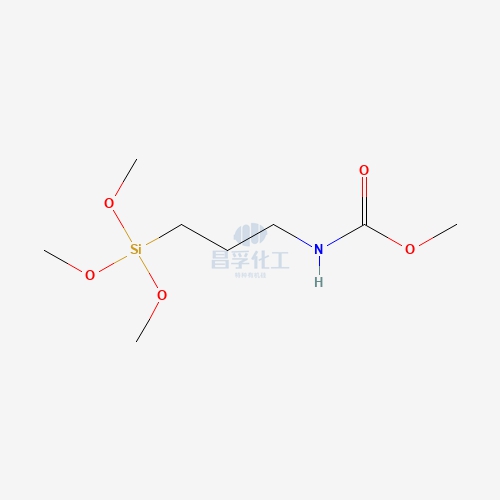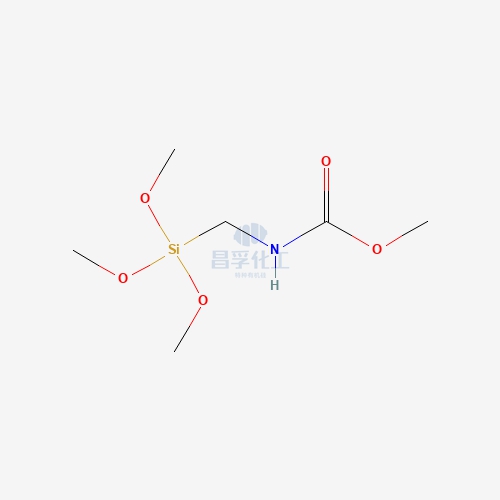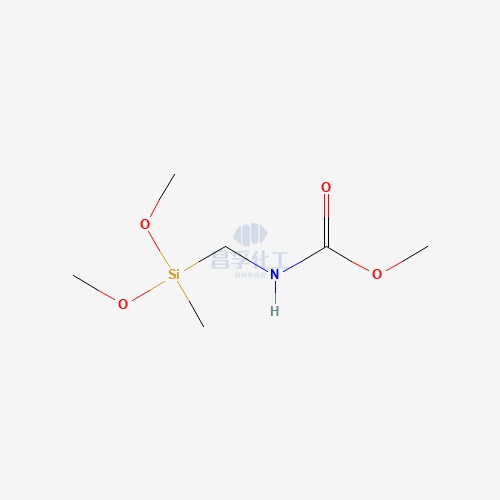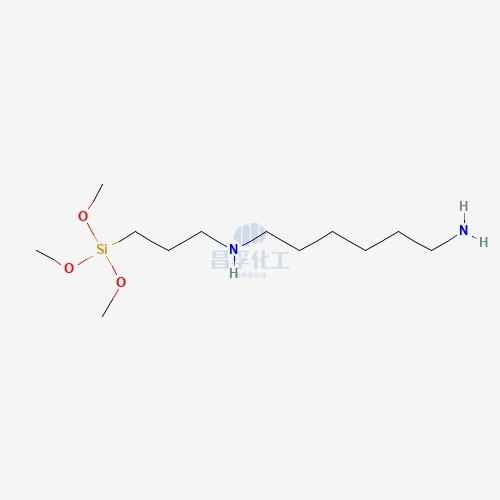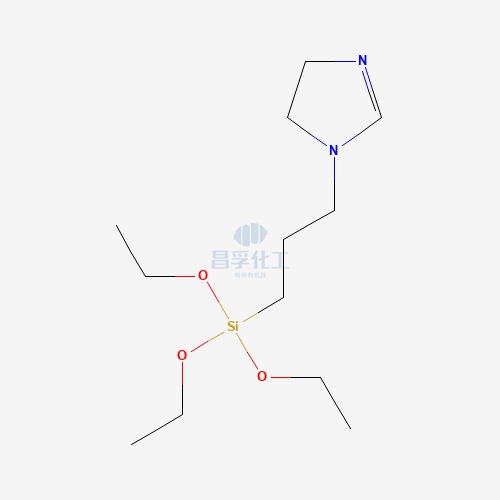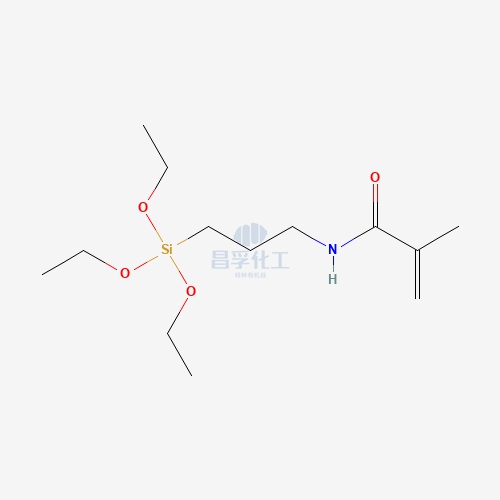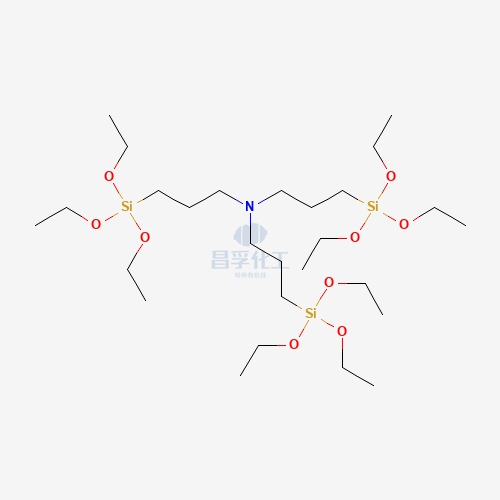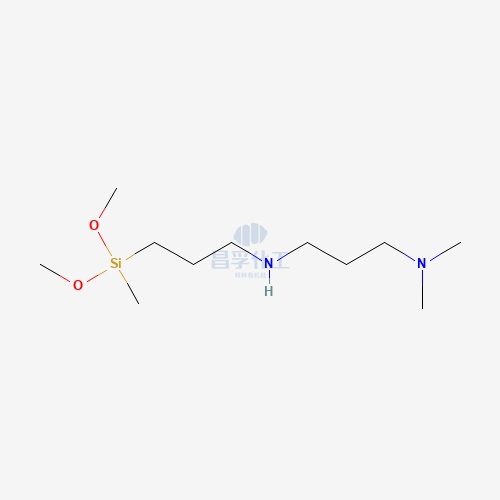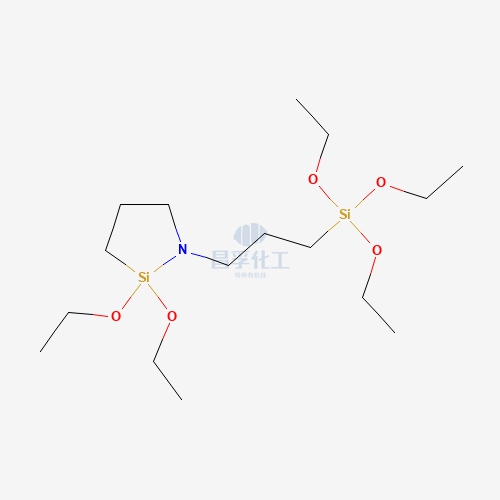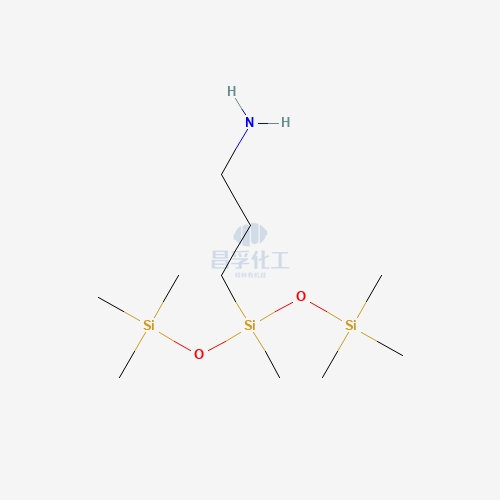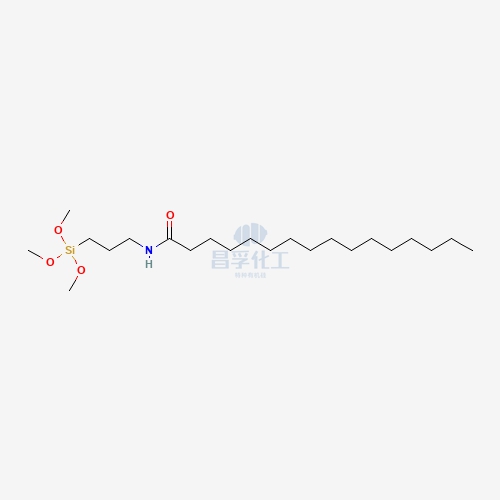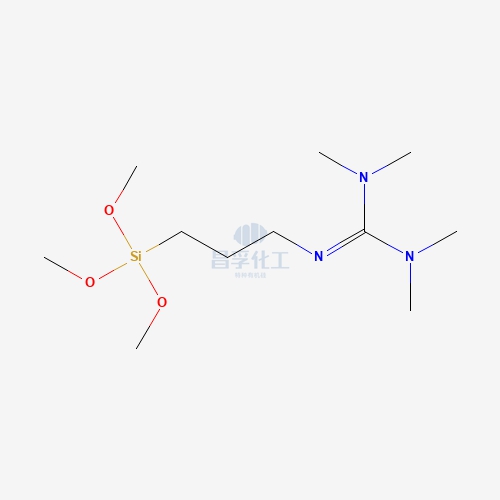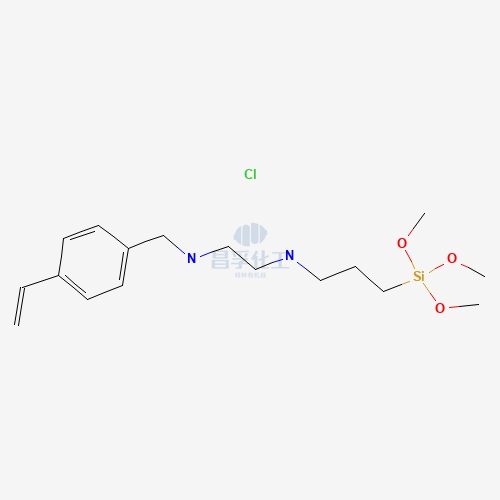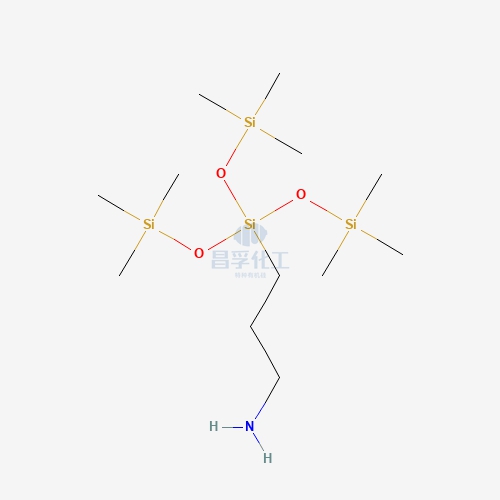



Contact Changfu Chemical Now!
+86 27 8439 6550 | +86 181 6277 0058
What Are the Uses of Silicone Rubber Compound?
Silicone rubber compounds have become indispensable in a wide range of industries, thanks to their unique properties and versatility. Whether it's withstanding extreme temperatures, providing electrical insulation, or offering flexibility in various applications, silicone rubber compounds serve as a material of choice in many technical and everyday products.
This comprehensive guide will explore the many uses of silicone rubber compounds, delving into their key features, advantages, and how industries across the globe harness the benefits of silicone for heat and other applications of silicone use.
Introduction to Silicone Rubber Compound
Silicone rubber is a synthetic polymer made up of silicon, oxygen, carbon, and hydrogen. It is derived from silica, the second most abundant mineral on earth. What makes silicone rubber stand out from other types of rubber is its remarkable thermal stability, chemical resistance, flexibility, and electrical insulation properties.
A silicone rubber compound refers to silicone rubber that has been mixed with various additives, catalysts, and fillers to enhance or tailor its properties for specific uses. These additives can improve characteristics such as hardness, elasticity, heat resistance, and more.
Understanding Silicone for Heat
One of the standout features of silicone rubber is its high thermal resistance. Silicone for heat is widely used in environments that experience both extreme heat and cold, making it a go-to material in applications ranging from automotive engine parts to industrial gaskets. Its ability to maintain its properties over a wide temperature range, typically from -60°C to 300°C, sets it apart from other materials that can degrade when exposed to such conditions.
Key Properties of Silicone Rubber Compound
Silicone rubber compounds offer a range of key properties that make them ideal for numerous industrial and commercial applications:
1. High Thermal Stability
As mentioned, silicone for heat offers excellent thermal stability. It can resist degradation or deformation under both high and low temperatures, which is particularly important for components exposed to extreme heat, such as in automotive engines or kitchen appliances.
2. Chemical Resistance
Silicone rubber is highly resistant to chemicals like oils, acids, solvents, and fuels. This makes it ideal for applications in industries like oil and gas, where materials need to withstand harsh chemical environments.
3. Electrical Insulation
Silicone rubber compounds are excellent insulators. They are widely used in the electronics industry to protect electrical components, wiring, and circuitry from electrical failures caused by high temperatures or humidity.
4. Flexibility and Elasticity
Despite its robust resistance to extreme temperatures, silicone remains flexible and elastic. This elasticity ensures that silicone rubber maintains its shape and functionality under mechanical stress, such as in seals, gaskets, and O-rings.
5. Water Repellency
Silicone rubber is hydrophobic, meaning it repels water. This is an important property for applications where moisture resistance is critical, such as in outdoor electrical systems, waterproof enclosures, and marine equipment.
6. Biocompatibility
Many silicone rubber compounds are biocompatible, meaning they are safe for use in medical and healthcare applications. These compounds can be used in medical devices, implants, and pharmaceutical applications where contact with the human body is necessary.
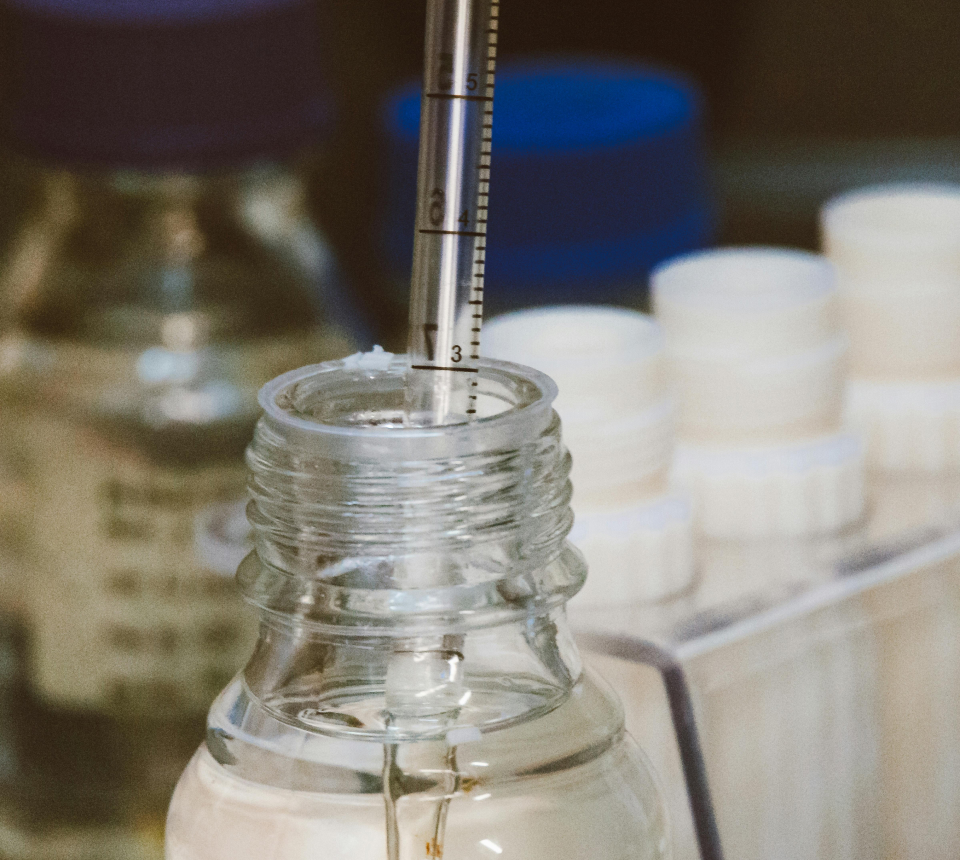
Applications of Silicone Rubber Compound
Silicone rubber compounds are used in a wide range of industries due to their excellent performance under diverse conditions. Below, we explore the most common uses of silicone rubber compound across several sectors.
1. Automotive Industry
The automotive industry relies heavily on silicone rubber compounds for various applications, especially due to their ability to withstand high temperatures, oil exposure, and mechanical stress.
Engine Components
Silicone rubber is used in the manufacture of gaskets, seals, and hoses that are exposed to extreme heat within the engine. Its heat resistance and flexibility ensure that these components can perform reliably without breaking down over time.
Hoses and Tubing
Silicone hoses are commonly found in the cooling systems of cars, where they transport hot coolant and other fluids. The elasticity and durability of silicone ensure that these hoses don’t crack or degrade under pressure and temperature.
Electrical Insulation
Cars and other vehicles have many electrical components, and silicone rubber compounds are used to insulate wiring and electronic systems to prevent short circuits, especially in high-heat areas such as engine compartments.
2. Aerospace Industry
The aerospace industry operates under extremely demanding conditions, with materials required to withstand both low and high temperatures, as well as mechanical stress. Silicone rubber compounds have found their place in aircraft and spacecraft systems because of their durability, flexibility, and resistance to heat.
Seals and Gaskets
In aircraft, silicone rubber gaskets are used to seal doors, windows, and hatches, maintaining a controlled environment and preventing the ingress of dust, moisture, or gases. The material’s ability to remain flexible even at low temperatures (such as during high-altitude flights) ensures these seals perform reliably over time.
Thermal Insulation
Silicone rubber compounds are often used as insulation material to protect sensitive components from the extreme heat generated by engines or friction during flight. This makes it essential for thermal shielding and insulating wire harnesses in both aircraft and spacecraft.
Vibration Dampening
Silicone’s elasticity allows it to absorb and dampen vibrations in flight, reducing wear and tear on sensitive instruments and systems. This is especially important for spacecraft, where mechanical stress can easily compromise mission-critical components.
3. Electronics and Electrical Industry
Silicone rubber compounds are also extensively used in the electronics and electrical industry, where components need to be protected from heat, moisture, and electrical interference.
Cables and Wires
Silicone’s heat resistance makes it ideal for insulating cables and wires in environments where excessive heat is a concern. The material can withstand continuous operation in high-temperature environments without losing its insulating properties.
Encapsulation and Potting
Electronic components are often encapsulated in silicone rubber compounds to protect them from moisture, dust, and vibration. Potting with silicone ensures that sensitive electronic parts maintain their performance over time, even when exposed to adverse conditions.
Keypads and Connectors
Silicone rubber is used in the manufacture of flexible keypads and connectors in many consumer electronics. The soft, flexible nature of silicone allows for comfortable usage while maintaining durability and resistance to wear and tear.
4. Healthcare and Medical Applications
Silicone rubber compounds are widely used in healthcare and medical applications due to their biocompatibility, flexibility, and heat resistance. Silicone materials can be sterilized without losing their properties, making them perfect for medical devices.
Medical Devices
Silicone rubber is used in a variety of medical devices, such as catheters, tubes, and implants. Its biocompatibility ensures that it can safely be used inside the body without causing irritation or adverse reactions.
Prosthetics and Orthopedic Devices
Silicone rubber is used to make comfortable, flexible prosthetics and orthopedic devices. Its softness mimics human tissue, which provides a more natural feel for users.
Medical Implants
Due to its stability and resistance to body fluids, silicone rubber is also used in long-term implants, such as breast implants, heart valves, and joint replacements.
5. Consumer Products and Kitchenware
Silicone rubber compounds have found widespread use in consumer goods, especially kitchenware. Their heat resistance, non-stick properties, and safety for food contact make silicone a popular material for home products.
Bakeware and Cooking Utensils
Silicone bakeware, such as molds, spatulas, and muffin trays, has become incredibly popular due to silicone’s ability to withstand high oven temperatures without releasing harmful chemicals. The non-stick surface makes it easy to clean, while the flexibility of silicone makes it easy to remove baked goods without damage.
Seals in Kitchen Appliances
Silicone rubber seals are used in many kitchen appliances, including pressure cookers, blenders, and microwaves. These seals maintain an airtight and watertight barrier, even under high temperatures and pressure.
Baby Products
Silicone is used to make baby bottles, pacifiers, and teethers due to its softness, durability, and resistance to heat. Silicone’s ability to be sterilized without breaking down ensures these products remain hygienic and safe for infants.
6. Industrial and Construction Applications
Silicone rubber compounds are widely used in industrial settings where materials must endure tough conditions, such as exposure to heat, chemicals, and mechanical stress.
Seals and Gaskets in Machinery
Silicone rubber gaskets and seals are used in a wide range of industrial machinery, from oil and gas equipment to manufacturing machines. The material’s ability to resist high temperatures and chemical exposure ensures long-lasting performance, reducing maintenance costs and downtime.
Thermal Insulation in Industrial Equipment
Silicone rubber is used as an insulating material in furnaces, industrial ovens, and other heat-generating equipment. It prevents heat from escaping and protects other components from overheating.
Adhesives and Sealants
Silicone-based adhesives and sealants are commonly used in construction due to their flexibility and durability. They provide strong, long-lasting bonds between materials and can withstand both indoor and outdoor conditions.
Advantages of Using Silicone Rubber Compounds
1. Durability and Longevity
Silicone rubber compounds offer remarkable durability, making them suitable for applications where longevity is crucial. These materials can withstand continuous exposure to heat, chemicals, and mechanical stress without degrading.
2. Flexibility Across Temperature Extremes
One of the most significant advantages of silicone rubber compounds is their ability to maintain flexibility and elasticity across a wide temperature range. Whether used in extreme cold or high heat, silicone performs reliably, making it an excellent choice for challenging environments.
3. Safe for Food and Medical Use
Silicone rubber compounds that meet FDA and medical-grade standards are safe for use in food and medical applications. This makes them ideal for kitchenware, baby products, and medical devices that require biocompatibility.
4. Versatility
The versatility of silicone rubber compounds is unmatched, with applications ranging from high-tech aerospace components to everyday household items. Their unique combination of properties allows them to be used in a wide variety of industries.
Conclusion
Silicone rubber compounds are among the most versatile materials available today. Their ability to withstand extreme temperatures, resist chemical exposure, and provide reliable performance in a wide range of applications has made them a material of choice across numerous industries. Whether in the automotive sector, aerospace, healthcare, or everyday kitchenware, silicone rubber continues to prove its value in delivering high-quality, long-lasting solutions.
Popular Silicon Compounds
Popular Silicon Compounds
Related News & Blog
Related News & Blog
